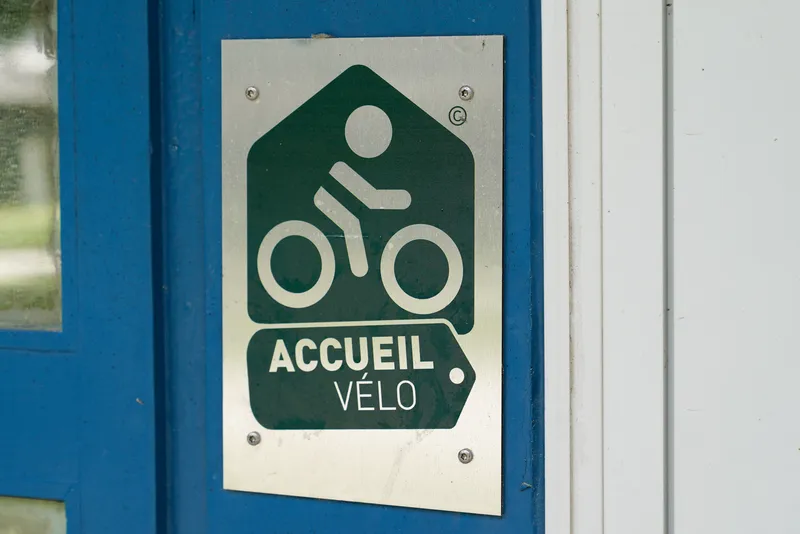The Brazilian government completed about US$24.5 billion worth of transportation infrastructure projects under the second phase (2011-14) of its growth acceleration plan (PAC).
According to the latest PAC report, a total of 5,188kilometres of roadwork has been completed over the last four years, including 1,413 kilometres through concession contracts.
Works included widening highway BR-060 in Goiás state; and building the Rio de Janeiro Arco beltway along highway BR-493, highway BR-448 (Rodovia do Par
December 19, 2014
Read time: 2 mins
The Brazilian government completed about US$24.5 billion worth of transportation infrastructure projects under the second phase (2011-14) of its growth acceleration plan (PAC).
According to the latest PAC report, a total of 5,188kilometres of roadwork has been completed over the last four years, including 1,413 kilometres through concession contracts.
Works included widening highway BR-060 in Goiás state; and building the Rio de Janeiro Arco beltway along highway BR-493, highway BR-448 (Rodovia do Parque) in Rio Grande do Sul state and highway BR-324 (Via Expressa) in the state of Bahia.
Another 7,002 kilometres of roadwork is currently under way, the report said.
During the period, 855 kilometres of the Norte-Sul railway running between Tocantins state capital Palmas and Goiás state's Anápolis city began operations, as did 247 kilometres of the Ferronorte railway in Mato Grosso state between the municipalities of Alto Araguaia and Rondonópolis.
A total of 30 ports projects were also completed, along with 37 airport projects to increase passenger handling facilities.
According to the latest PAC report, a total of 5,188kilometres of roadwork has been completed over the last four years, including 1,413 kilometres through concession contracts.
Works included widening highway BR-060 in Goiás state; and building the Rio de Janeiro Arco beltway along highway BR-493, highway BR-448 (Rodovia do Parque) in Rio Grande do Sul state and highway BR-324 (Via Expressa) in the state of Bahia.
Another 7,002 kilometres of roadwork is currently under way, the report said.
During the period, 855 kilometres of the Norte-Sul railway running between Tocantins state capital Palmas and Goiás state's Anápolis city began operations, as did 247 kilometres of the Ferronorte railway in Mato Grosso state between the municipalities of Alto Araguaia and Rondonópolis.
A total of 30 ports projects were also completed, along with 37 airport projects to increase passenger handling facilities.









